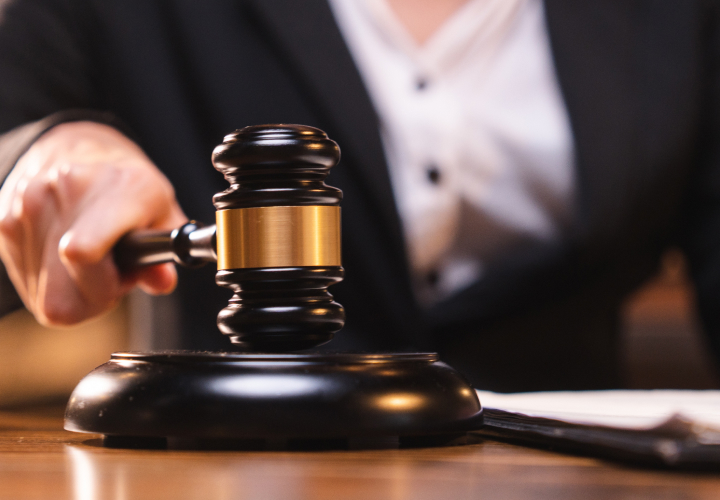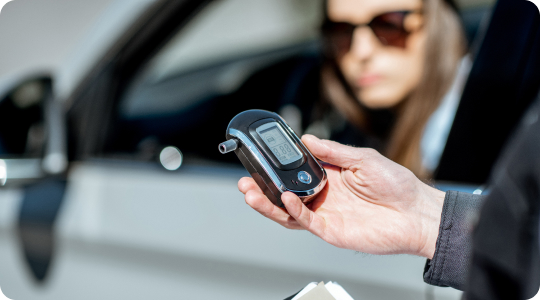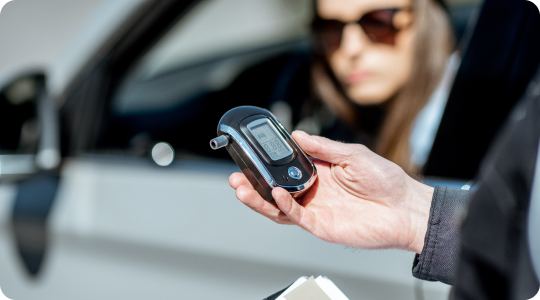New website - same outstanding legal advice.
New website - same outstanding legal advice.
GQS Solicitors is recognised as one of the leading criminal defence firms in the country by the legal directories, Chambers and Partners UK and Legal 500.
Ranging from speeding penalties to drink driving. If you are facing any type of driving offence, our team are here to help defend you in court. At GQS Solicitors we pride ourselves in not placing all our efforts in loophole defences.

Who can quickly identify all potential defences and weaknesses in the Prosecution case against you. In so doing, we aim to obtain the correct outcome, by fitting your specific circumstances to the appropriate defence.
Our solicitors have experience in a wide variety of motoring offences, specialising in:
It is unlikely that anyone faced with the possibility of losing their driving licence will not be extremely concerned about the negative impact that may have on their lives.
At GQS Solicitors, our experienced and dedicated legal team can offer bespoke privately paying legal advice and assistance tailored to your legal and financial needs. In so doing, we aim to always ensure that in line with our regulatory duties, you receive first class legal advice and support.


Within England, Wales and Northern Ireland the Government has set strict alcohol limits for drivers, these limits are:
Whilst the Police have a right to ask anyone driving or attempting to drive or in charge of a vehicle, they suspect to have been drinking to take a breath test, they do not have the power to conduct random roadside tests.
Before testing you for alcohol or drug consumption, the Police first need to have ‘reasonable cause’ to suspect that you have committed the offence of drink driving or drug driving. An example of reasonable cause is:
If you have been caught Drink Driving, and you fail the breath test, you will be taken to a police station for a second test, if that test returns positive, you will face the possibility of losing your licence and being tainted with a drink driving conviction.

“Where a person is convicted of an offence involving obligatory disqualification, the court must order him to be disqualified for such period not less than twelve months as the court thinks fit unless the court for special reasons think fit to order him to be disqualified for a shorter period or not to order him to be disqualified.” [S34(1) RTA 1988]
Special reasons are intended to be mitigating arguments aimed at preventing you from being disqualified from driving or reduce the length of a driving disqualification or to prevent you from receiving a penalty points endorsement.
There are several occasions when the correct application by our dedicated legal team of s34(1) of the Road Traffic Act 1988, using appropriate evidence, will mean that a person convicted of drink driving offences will be able to avoid any mandatory period of driving disqualification and/or obtain a significantly reduced period of driving disqualification or totally avoid a driving disqualification.
The use of special reasons and the correct application of s34(1) of the Road Traffic Act 1988, can also apply to penalty points and driving licence endorsements.
Incurring 12 or more penalty points within a three-year period means a minimum period of disqualification must be imposed. This is called a ‘totting up disqualification.’ However, there is a legal argument that you can submit to the court to avoid or reduce a driving disqualification.
The legal argument for exceptional hardship involves our solicitors firstly establishing that the circumstances of your case, can be successfully applied to the grounds of ‘exceptional hardship’ and then satisfactory arguing at court that there are grounds for mitigating the normal consequences of the conviction and that the court should order you to be disqualified for a shorter period or not to order you to be disqualified.
At GQS Solicitors we ensure that we obtain at an early stage the best supporting legal arguments based on a clear understanding of the law and your individual circumstances, in so doing we continue to achieve the best outcomes.

Failure to supply a breath sample, without reasonable excuse will result in your arrest. There is no set definition of a reasonable excuse. However, reasonable excuse can include: